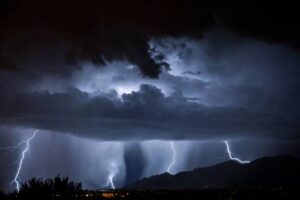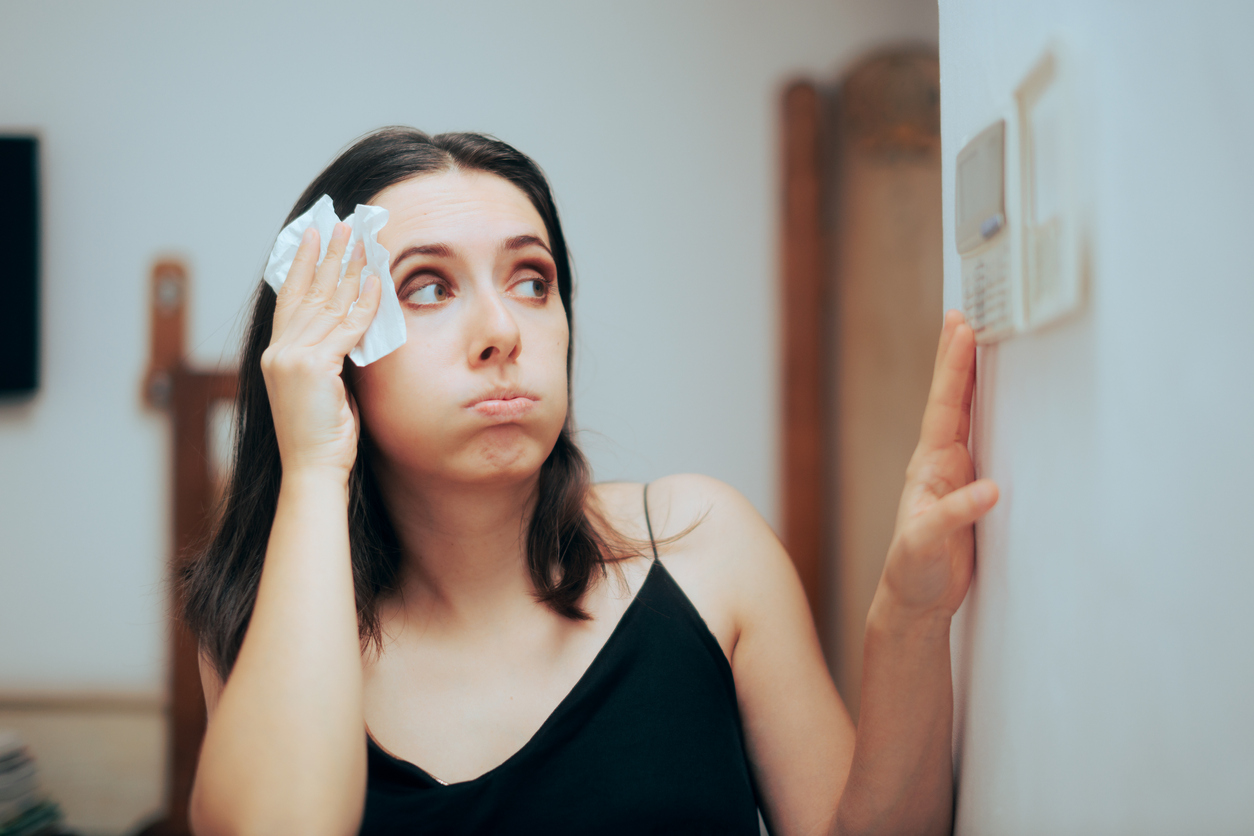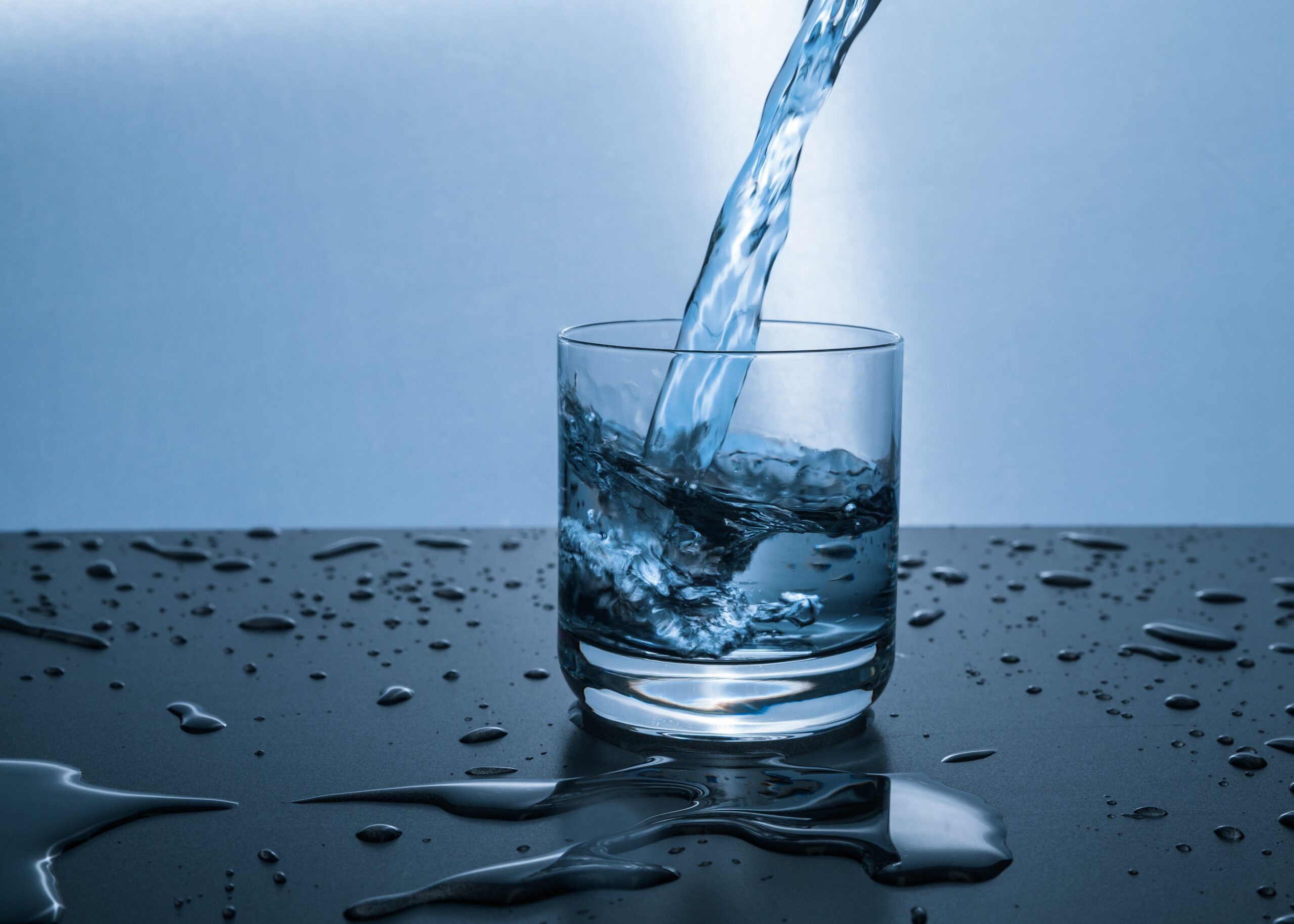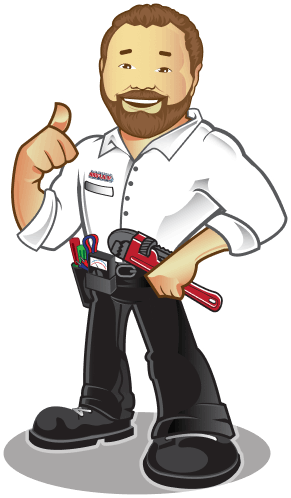Plumbing Myths — Debunked
Dripping Faucets, Exploding Water Heaters & Invincible Garbage Disposals
Myths are like rumors. One person hears something and passes it to another. Before you know it, the myth you heard is supposedly true.
One person fixes something in their house the way they’ve been told, and then when the issue happens at your house, they’re suddenly an expert and can tell you exactly how to fix it.
When it comes to your plumbing and the pipes in your home, be sure to research whether these quick fixes are beneficial for your home.We’ve compiled a list of some common plumbing system myths and whether they’re true.
Here’s our list:
1. Lemons in Your Garbage Disposal
- Sure, we’ve all heard that grinding some lemons, oranges, or the peels of either fruit will help clean and freshen your garbage disposal. In fact, I just recently did this at my house! Did you know the citric acid in these fruits can corrode the metal in your disposal, causing it to rust and either break or wear faster?
- Instead, use ice cubes! The cubes will help sharpen the blades and break up and remove the odor-causing particles in your disposal. Adding some baking soda and salt will also help increase the scrubbing power of the ice cubes. (Hint: This combination of ice/baking soda/salt will also help you clean a dirty coffee pot!)
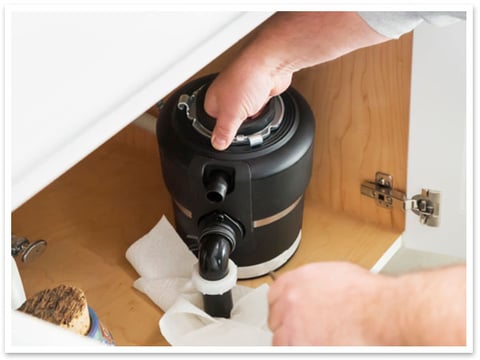
2. You Can Clean With Anything
- Who has heard stories of generations past who only used Pine-Sol or Spic & Span for cleaning or that you HAVE to use only one kind of cleaner for each piece of your home? While using different cleaners for everything can be overwhelming, it might be best.
- Keep an eye on the ingredients in the cleaners you use to clean fixtures. Did you know hand soap can damage the fixtures in your home? If you see your bathroom faucet getting dirty, you might wipe it off with soap while washing your hands. But next time, think about skipping that step. It’s best to clean your fixtures with a natural mixture of pure lemon juice or actual lemons and baking soda.
- Your toilet bowls need a strong cleaning solution with disinfectants and germ killers. For surfaces like this, you could use a baking soda and vinegar mixture that will foam up to clean — it’s not just for volcano science projects! Add essential oils to the mixture if you want it to smell better.
- Hint: The baking soda and vinegar mixture is the best solution to unclog drains, too. Chemical drain cleaners can actually damage the pipes, and in the event of a spill, they could damage surrounding areas.
3. It’s Only a Little Drip
- Even though it may only seem like a small drip, it can add up quickly. If left unresolved, that little drip could easily turn into hundreds of gallons of wasted water a month, and more the longer you wait to have it fixed.
- Often, the culprit could be something as minor as needing to replace a small part for a minimal cost.
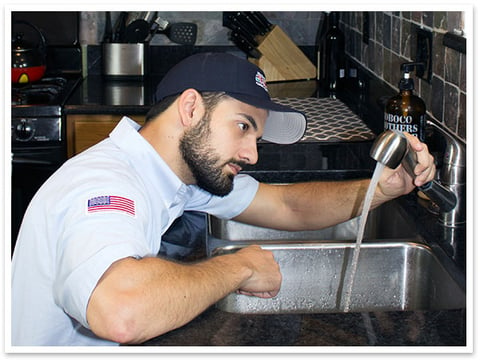
4. My Garbage Disposal Is Invincible
Just because the food going into your disposal grinds up and disappears doesn’t mean it’s not damaging your pipes. In fact, there’s a decent-sized list of things you DON’T want to put in your disposal.
Did you know foods like potato skins and celery can be harmful because they can get caught in the blades and freeze up your disposal? Grease, bones, and even cheese can cause your disposal to clog and be almost impossible to break up without calling a plumber.
If your disposal is running slowly, this could be a sign that you need to have it checked out.
- Note: Never put eggshells, banana peels, or bread through your garbage disposal.
5. My Water Heater Is About To Explode
If your water heater turns on and sounds like it’s going to blow up, making banging noises, rumblings, or other loud noises, rest assured it probably won’t explode.
This problem is usually caused by sediment collected in the tank, including loose minerals from hard water. It sinks to the bottom of the water heater, where the heating element is, and sits.
When it gets too thick, it prevents the heat from getting up through the water, causing bubbles that expand and pop, which is the sound you’re hearing. If it’s an older water heater, you probably want to replace it. If it’s newer, call your plumber to have it drained and flushed.
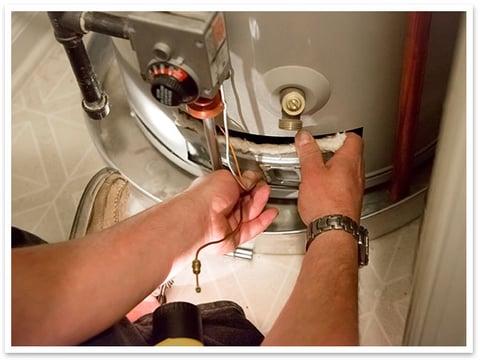
These are just a few of the countless myths we hear about all the time. We want you to be comfortable in your home, so if you have any questions or concerns about your plumbing, call F.H. Furr. We’re happy to help however we can.


